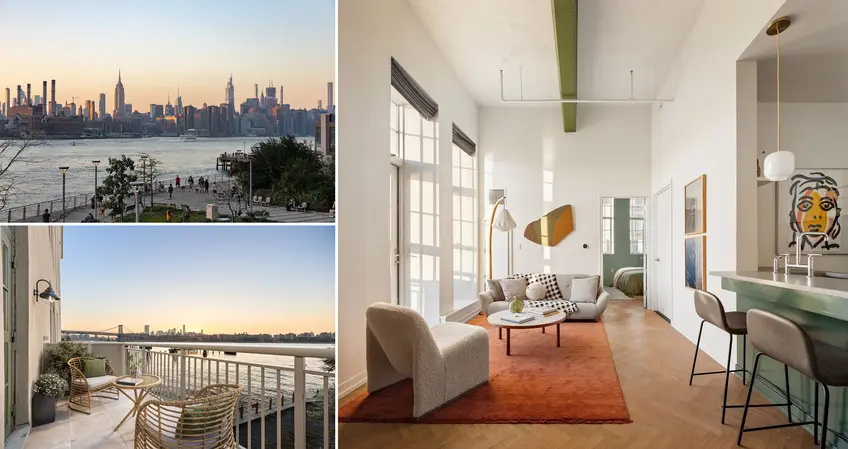 This coming weekend's open houses include this gorgeous Williamsburg loft in the Austin Nichols Building (Compass)
This coming weekend's open houses include this gorgeous Williamsburg loft in the Austin Nichols Building (Compass)
How to Prepare for an Open House as a Buyer
To start, it is important for buyers to understand that an open house isn’t a home inspection. The inspection comes later, usually only after you’ve put in an offer, and will likely be carried out by a certified inspector and not yourself. But if an open house isn’t time to start looking for mold under the bathroom sink, what should you be doing at an open house?
Size: Does the apartment feel big enough to accommodate you, your family, your belongings, and lifestyle?
Storage: Is there adequate closet space and/or in-building storage?
Condition: Is the apartment in good condition? Will you need to repair or replace the floors or do a gut renovation to the kitchen or bathroom?
Appliances: Are the appliances in good condition, or will they likely need to be replaced before or soon after moving in?
Views and light: Can you live with the views and amount of light?
Access: Is it a walkup or elevator building? If it's the latter, is the elevator in working condition and being inspected on a regular basis?
Building condition and amenities: Is the building in good repair? Are there amenities (e.g., a shared laundry room, gym, or bike or storage room)? If so, are these amenities being kept in clean and working condition?
In this article:
How to Prepare for an Open House as a Seller
If you’re selling a home, open-house preparation is one of the most important parts of the process. While every listing agent has his or her own to-do list, a few items are on nearly everyone’s list:
Declutter: The cleaner the canvas, the better the open house will be. If necessary, put most of your belongings in storage. This can be difficult if you have small children, or if you’re an avid collector, but at an open house, no one wants to trip over a child’s Lego set or be distracted by a vast collection of esoteric objects.
Depersonalize: On a related note, buyers want to see themselves in the home; if the first thing they see when they walk in is a wall of family photographs, they may struggle to imagine themselves in the space. For this reason, as a rule of thumb, take yourself and your cute kids and grandkids out of the picture. Given that people may be photographing the space, this is also a good security measure.
Repair: If you’ve been neglecting the small crack in your porcelain sink, your loose doorknob, sticky closet door, or chipping paint, now is the time to hire a repair person to come in and attend to these obvious repairs.
Deep clean: No matter how good you are at cleaning, pre-open house cleaning is not a do-it-yourself project. Hire a professional cleaner with experience doing pre-open house or move-out cleans to do a top-to-bottom clean, making sure they cover everything from the dust on the top of your refrigerator to the crumbs under the couch.
Board the pets: You may love your dog, cat, rat, or parrot, but potential buyers may not share your love of animals (at least not your love of your animal). If possible, find a temporary home for your pet.
Get out of town: Most potential buyers prefer to attend open houses when the owners aren’t present; trust your agent to represent you and your home.
When to Skip the Open House as a Buyer or Seller
In most cases, it is highly unadvisable to skip the open house, especially as a buyer. In a seller’s market, however, agents may sometimes advise putting in an offer without viewing a property in person to ensure another buyer doesn’t put in an offer first.On the seller side, an open house can be a blessing or a curse. If you have a property that is likely to show well and can be easily staged without a huge investment, the open house is nearly always a good idea as it is likely to generate more interest and potentially lead to multiple offers. If, by contrast, the property is in ill repair, cluttered, and can’t easily be staged for an open house, listing agents will often advise that the seller skip the open house and promote the listing using other means.
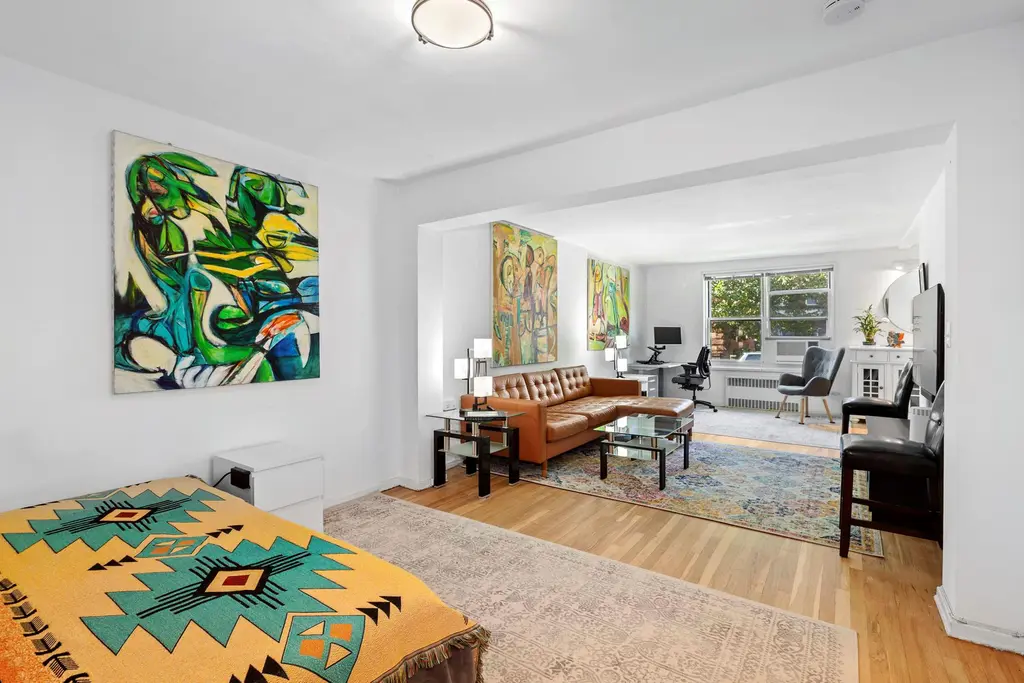
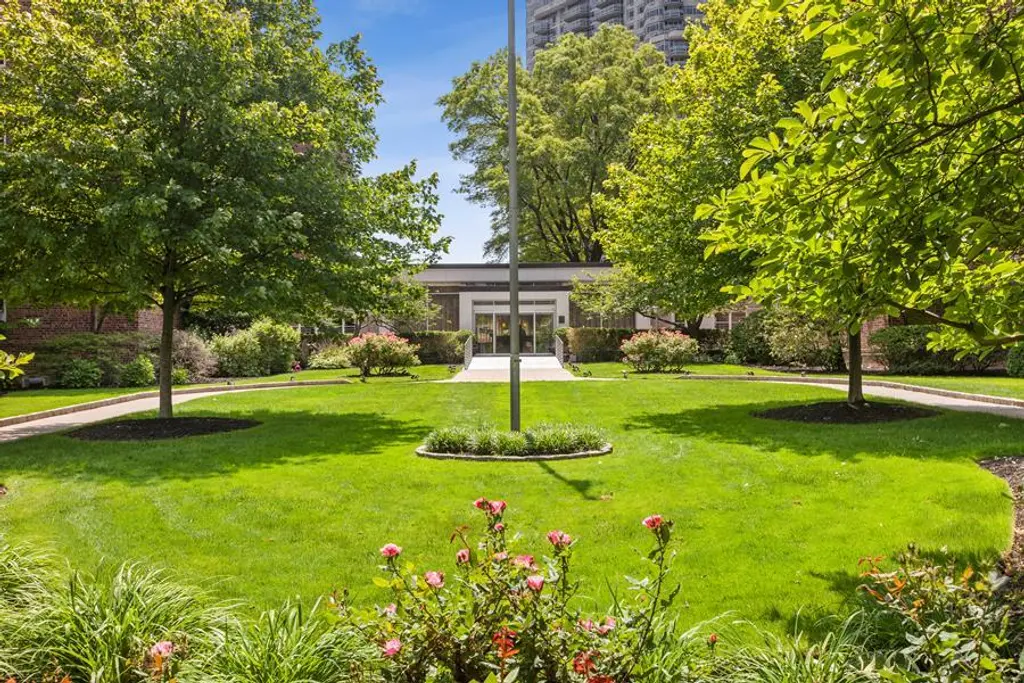
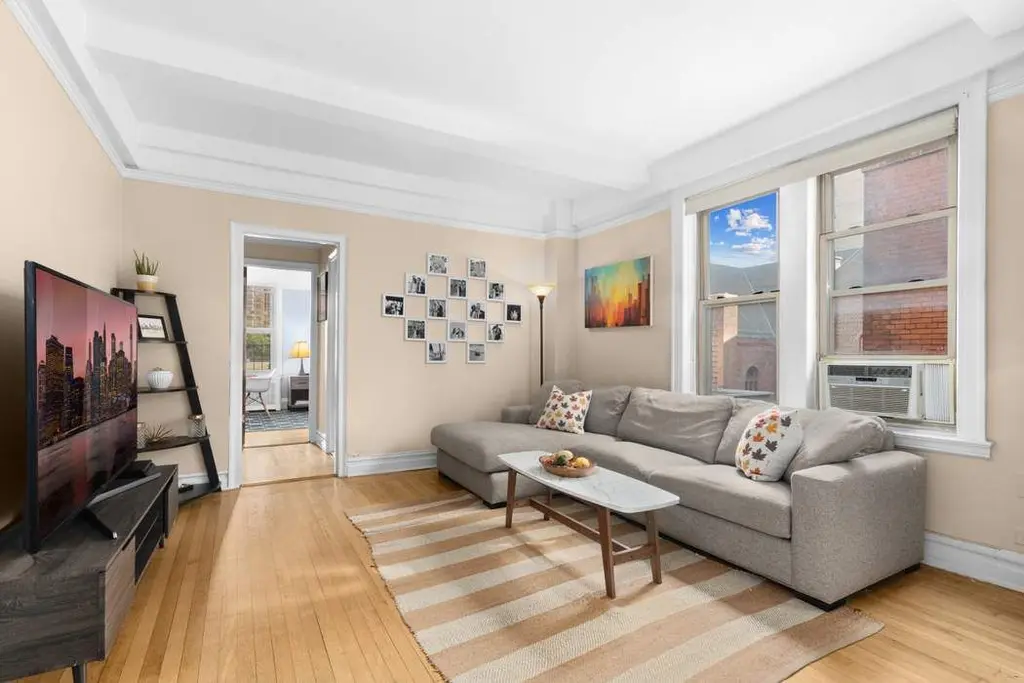
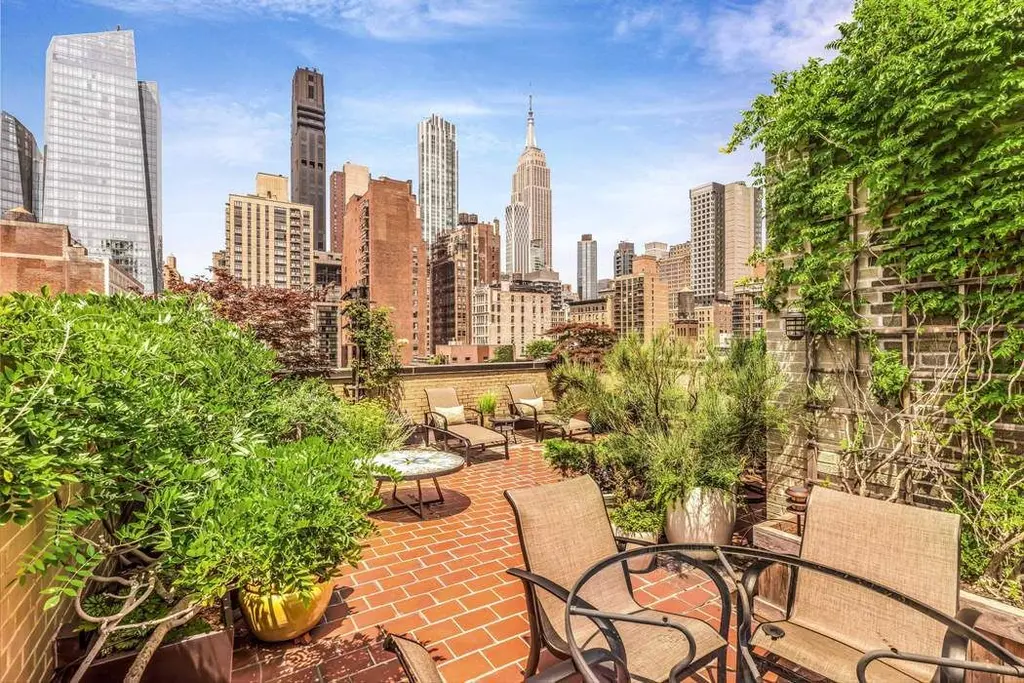
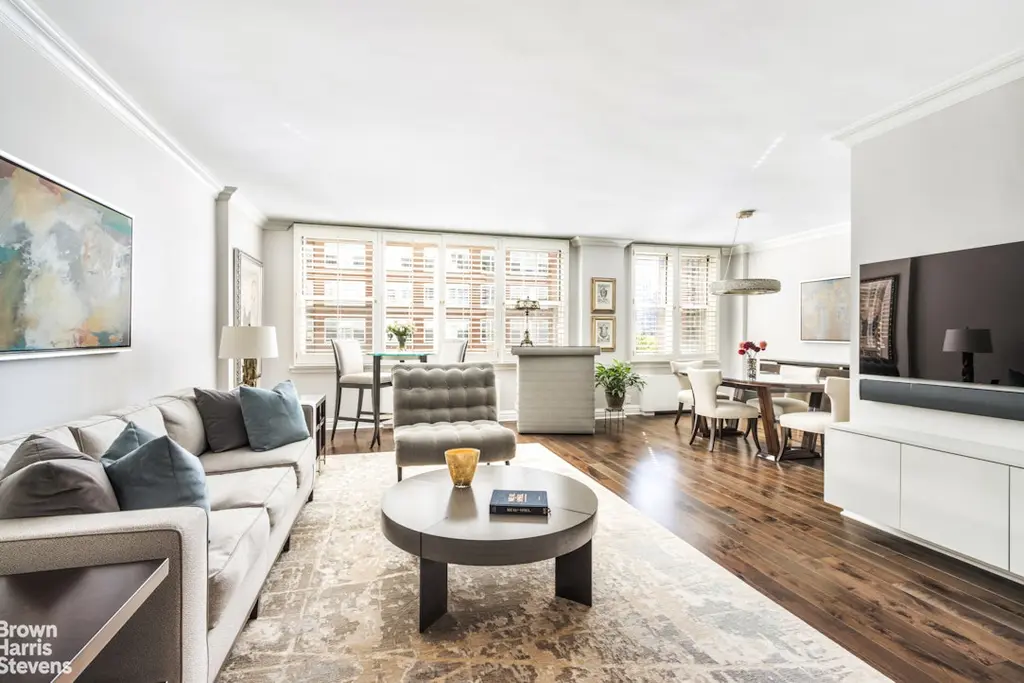
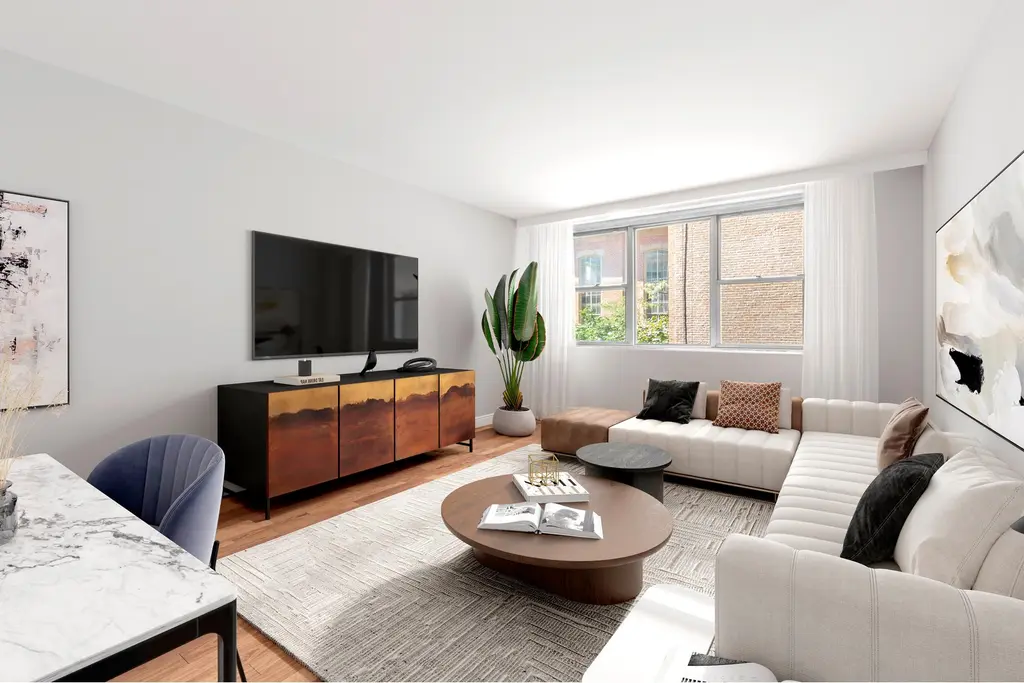
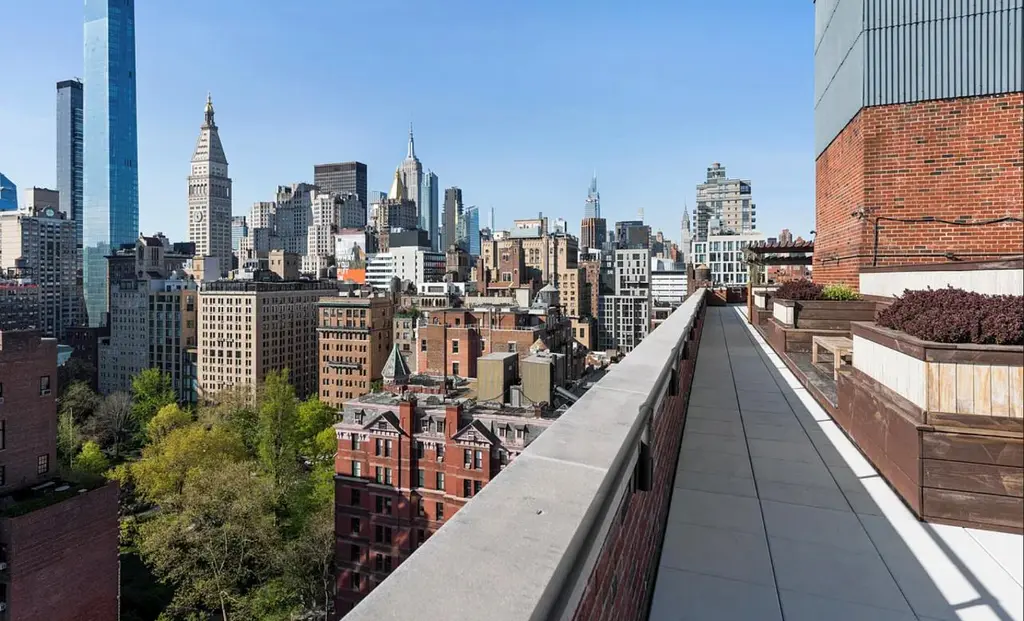


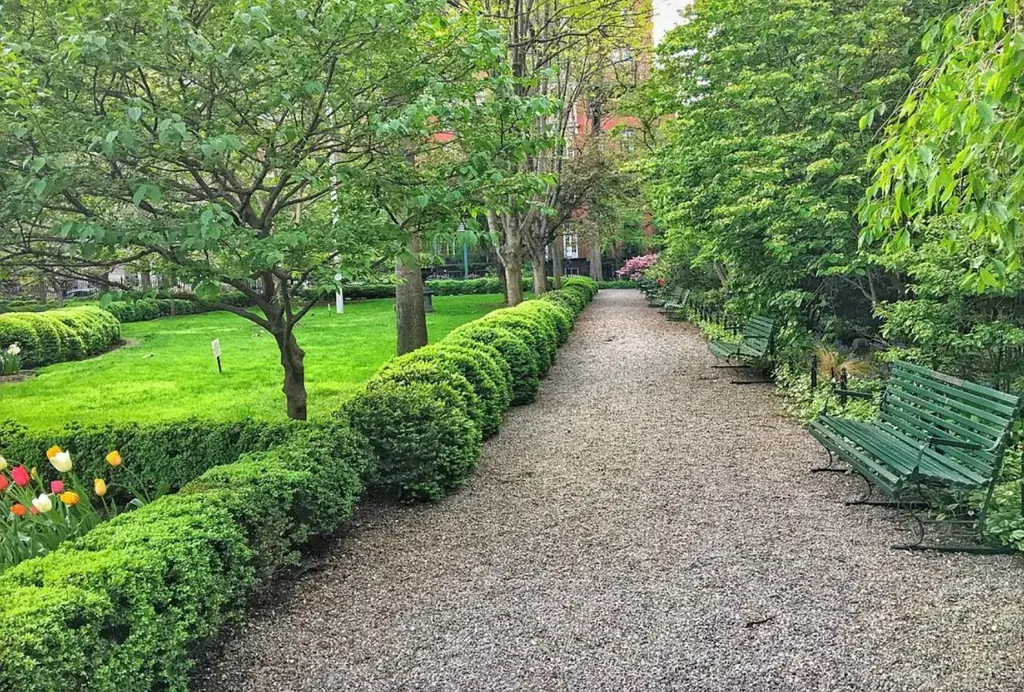
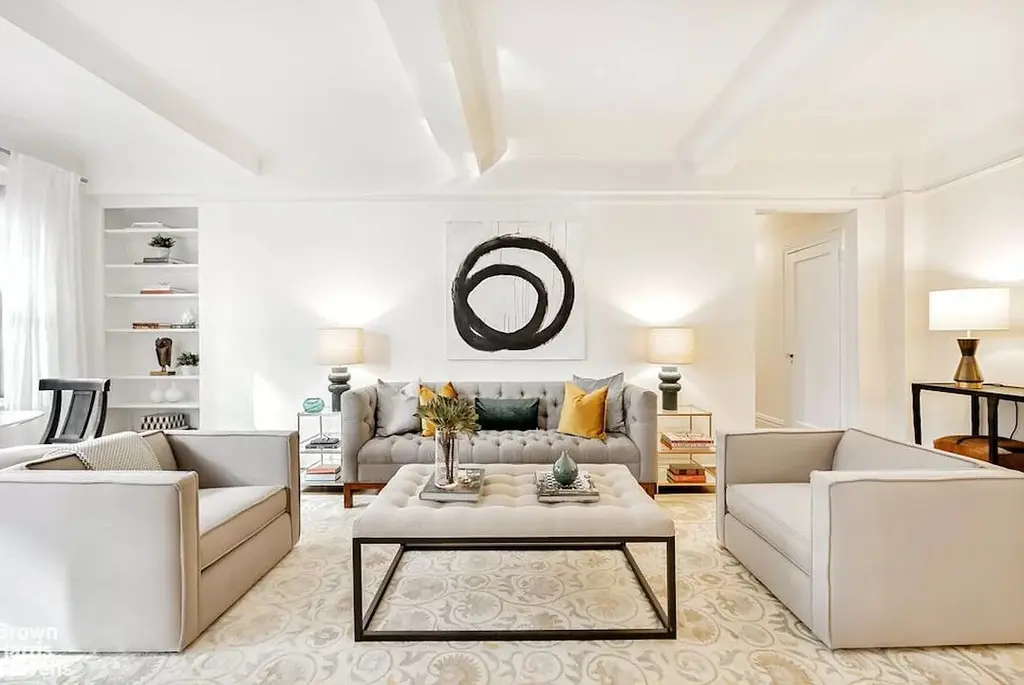
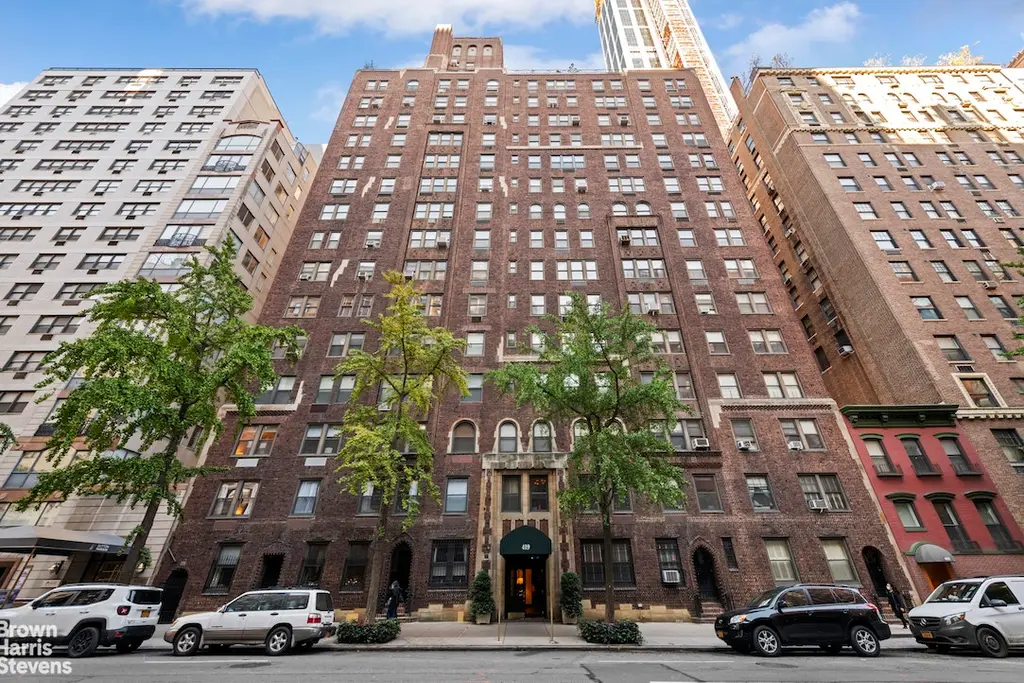
136 East 76th Street, #11B
$1,595,000
Park/Fifth Ave. to 79th St. | Cooperative | 2 Bedrooms, 2 Baths | 1,350 ft2
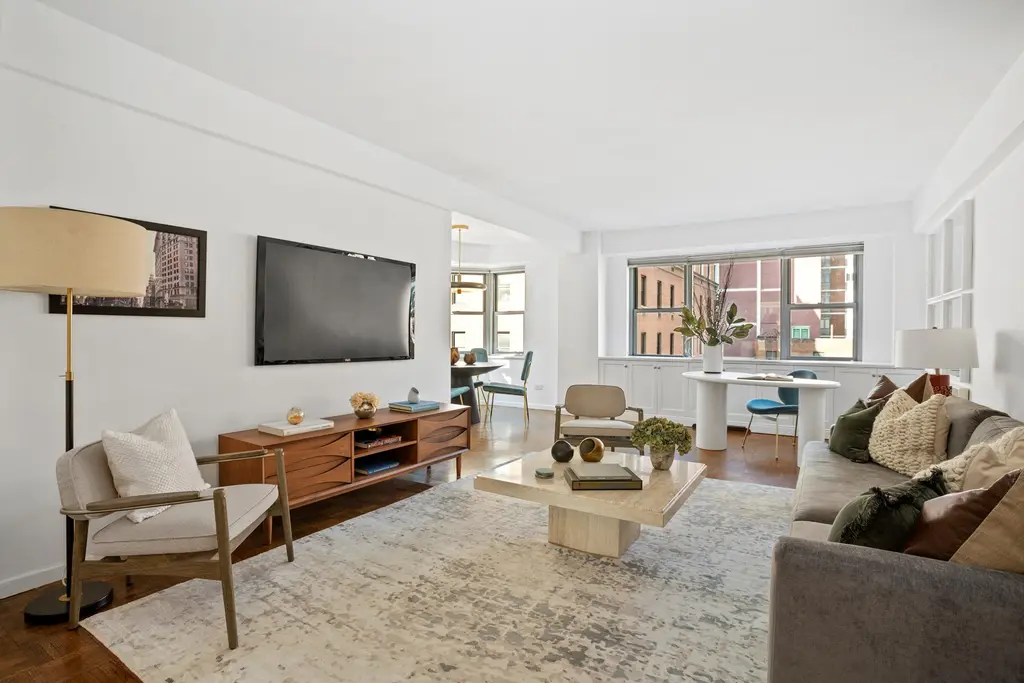
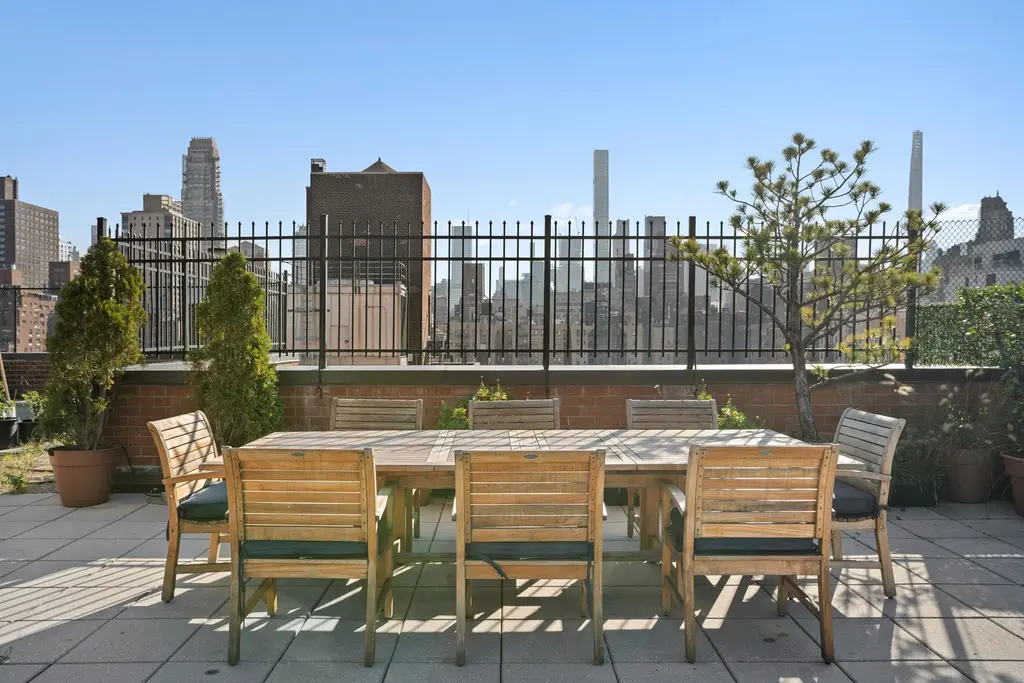
Cannon Point North, #20J
$1,699,000
Beekman/Sutton Place | Cooperative | 2 Bedrooms, 2 Baths | 1,600 ft2
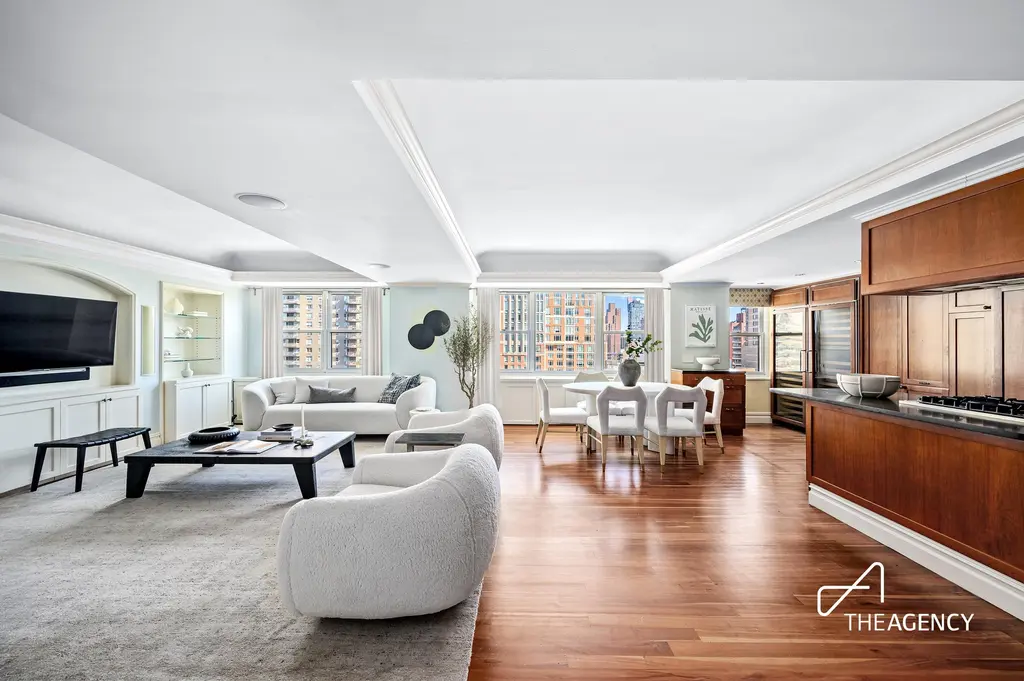
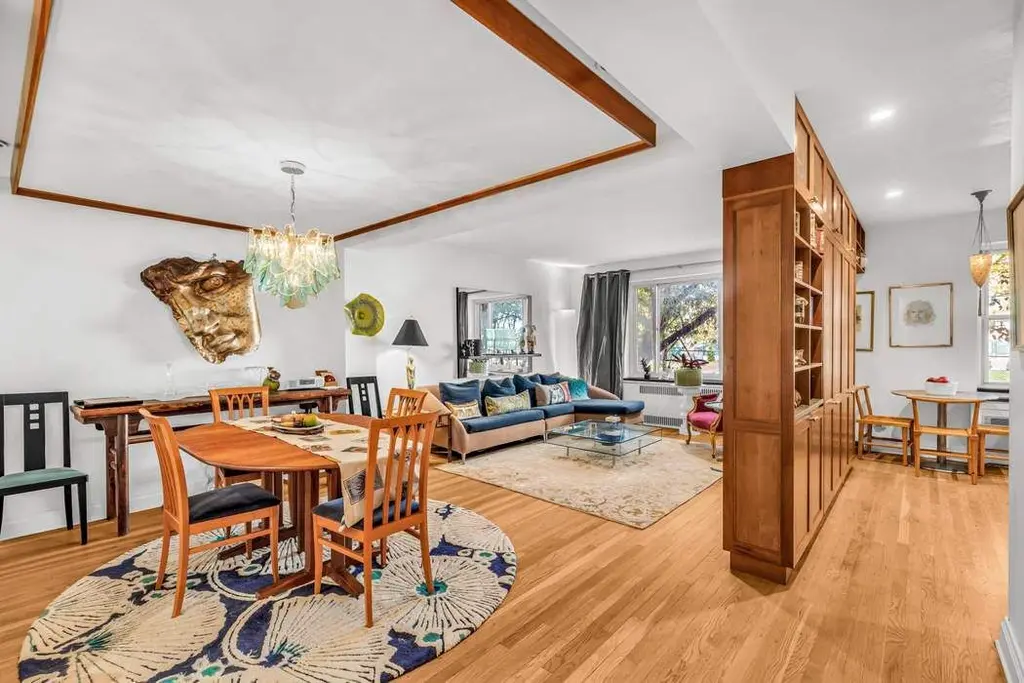
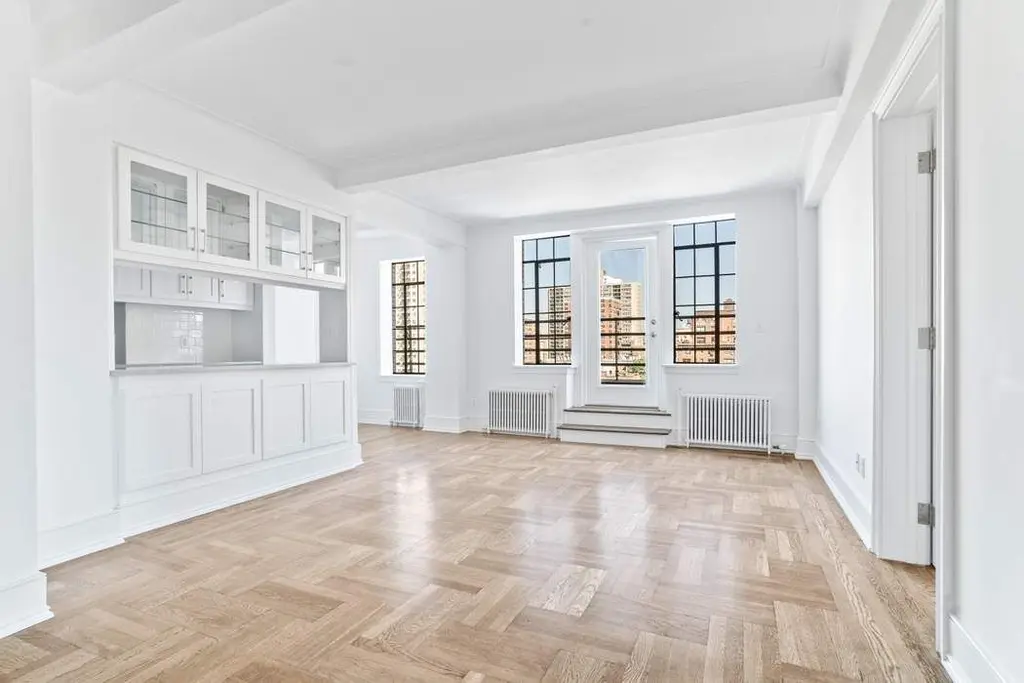
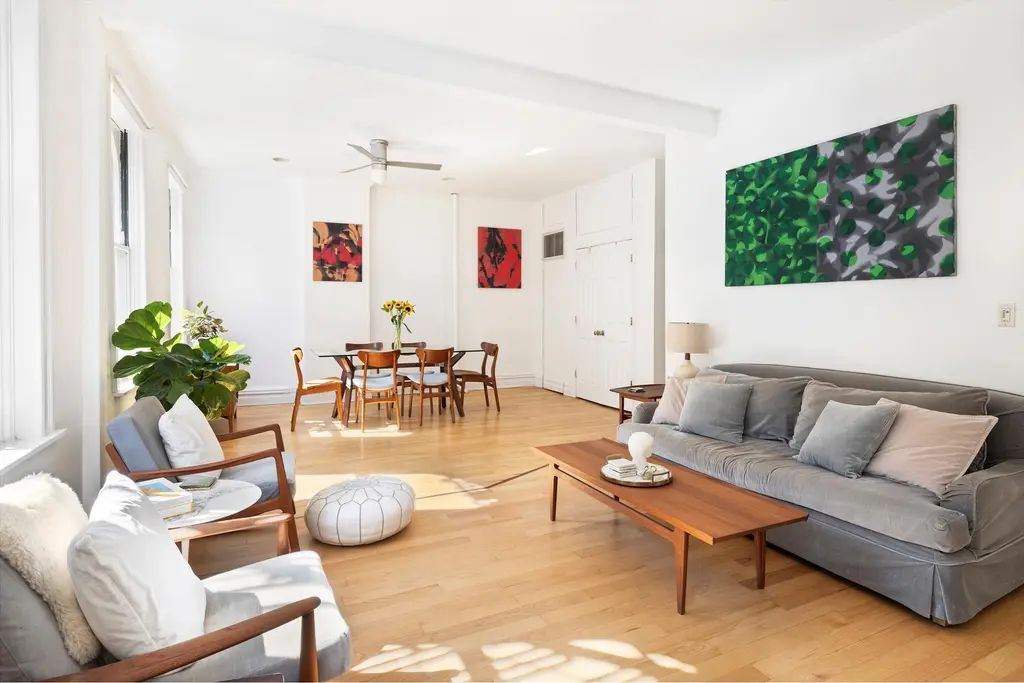
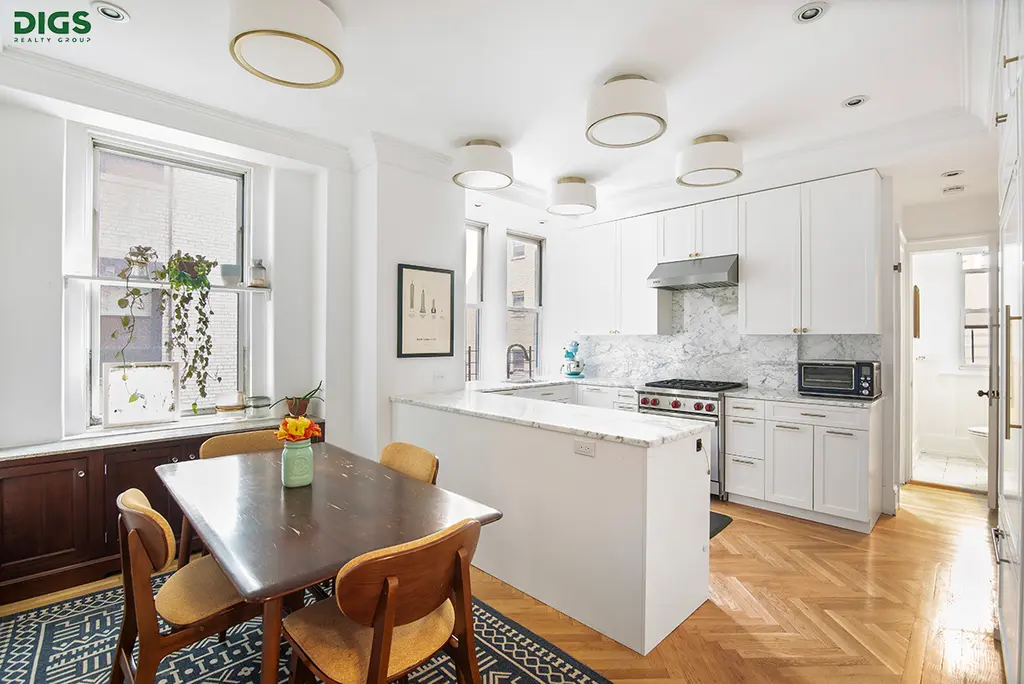
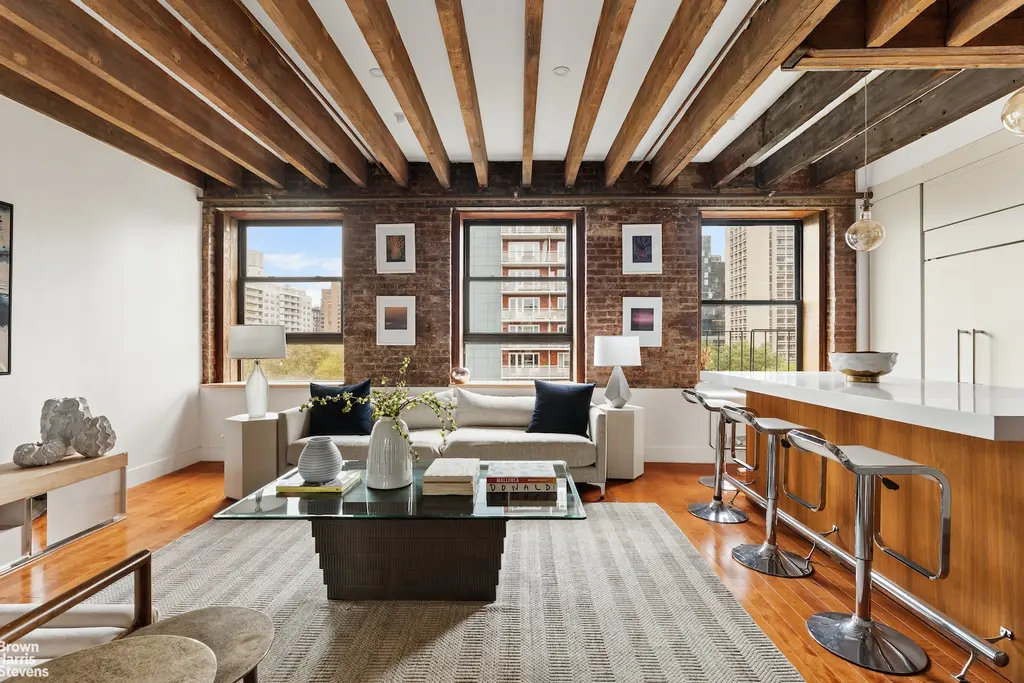
473 West 140th Street, #NA
$3,500,000
Hamilton Heights | Townhouse | 4 Bedrooms, 3.5 Baths | 3,618 ft2
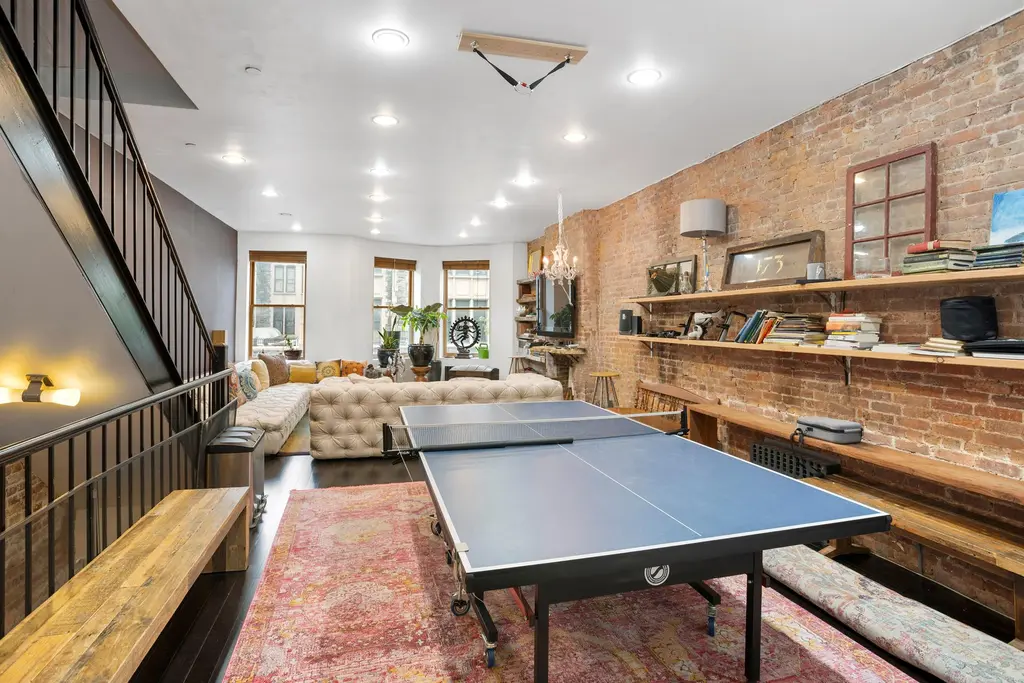
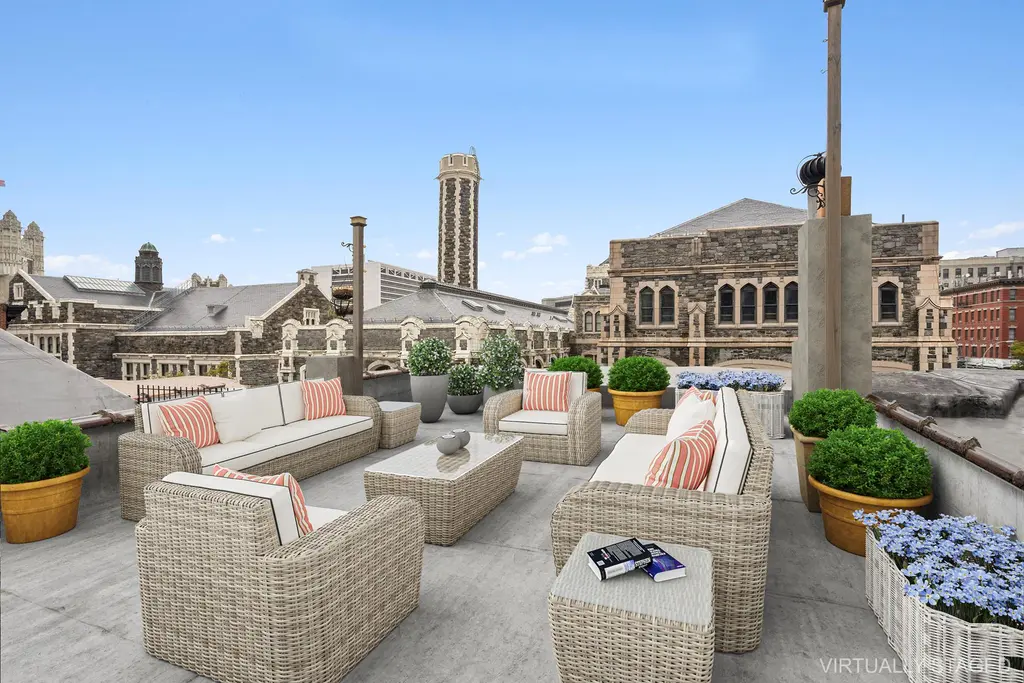
500 West End Avenue, #2B
$3,995,000
Riverside Dr./West End Ave. | Condominium | 3 Bedrooms, 2.5 Baths | 2,488 ft2
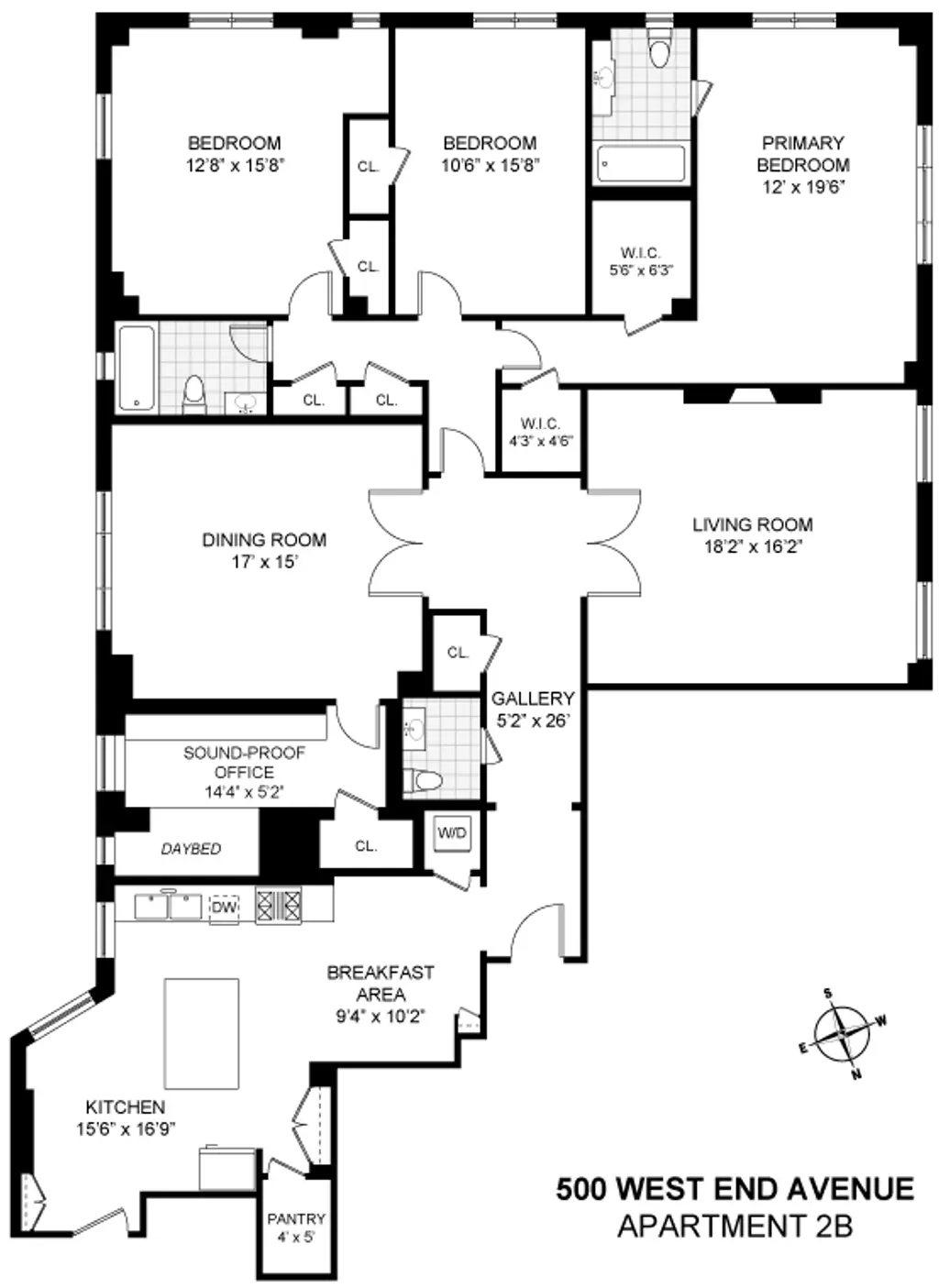
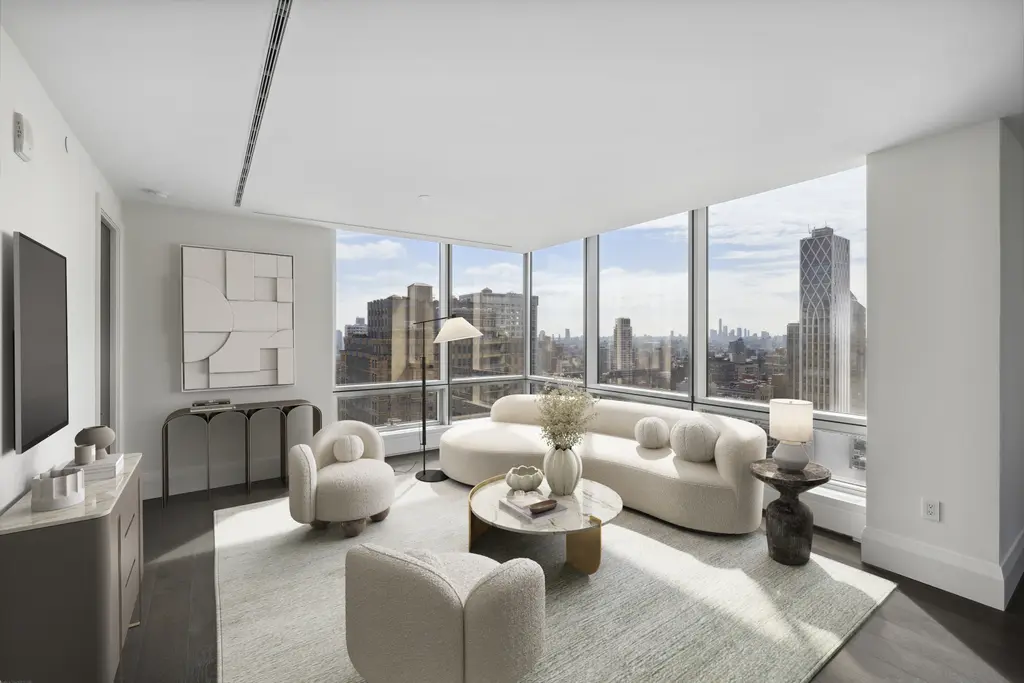

Trump World Tower, #75B
$7,800,000
Turtle Bay/United Nations | Condominium | 3 Bedrooms, 3.5 Baths | 2,857 ft2


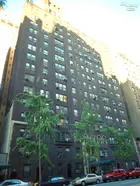



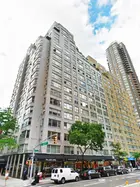




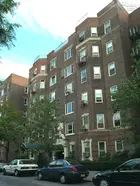
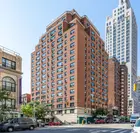
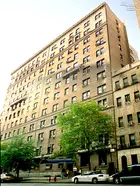







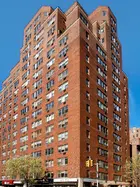
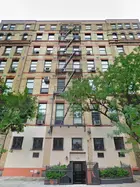
 6sqft delivers the latest on real estate, architecture, and design, straight from New York City.
6sqft delivers the latest on real estate, architecture, and design, straight from New York City.
